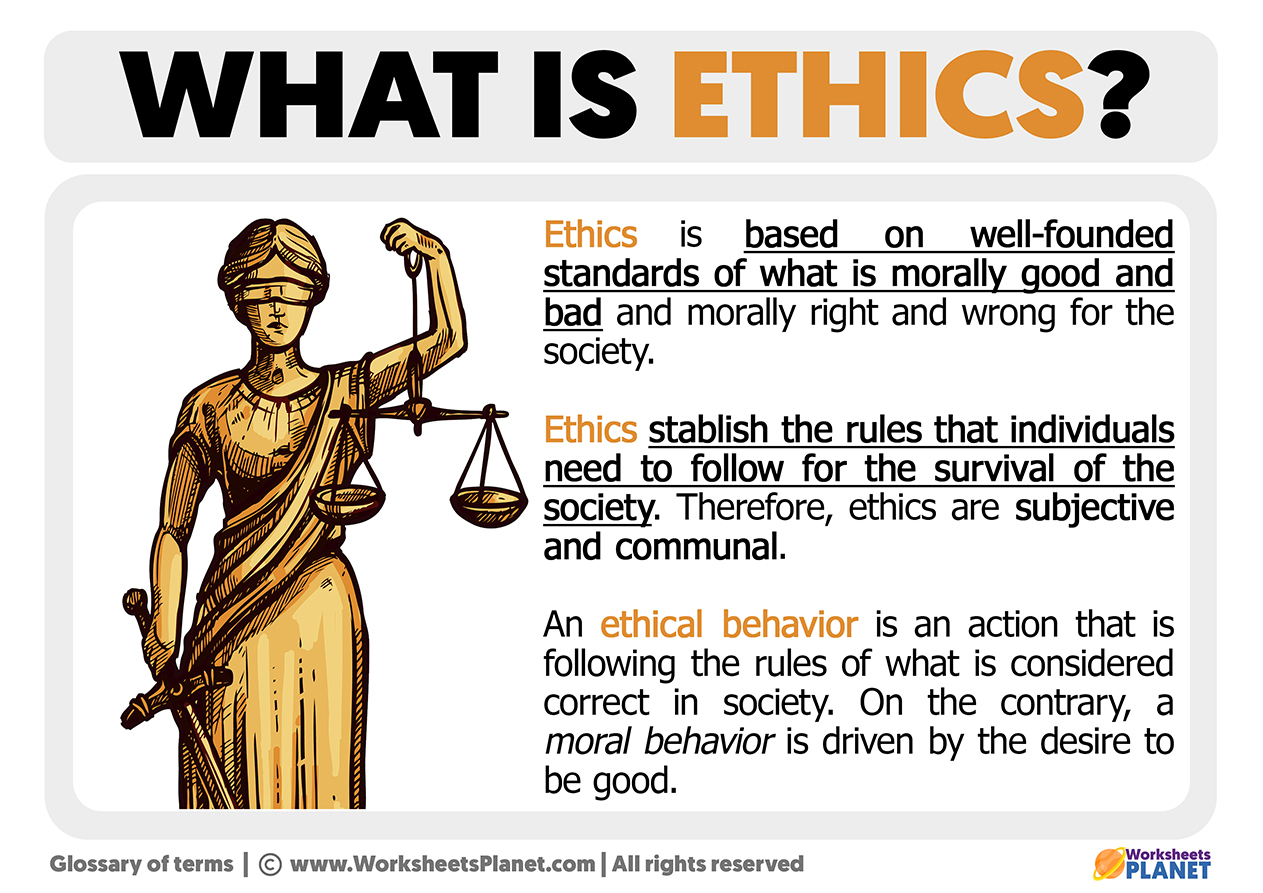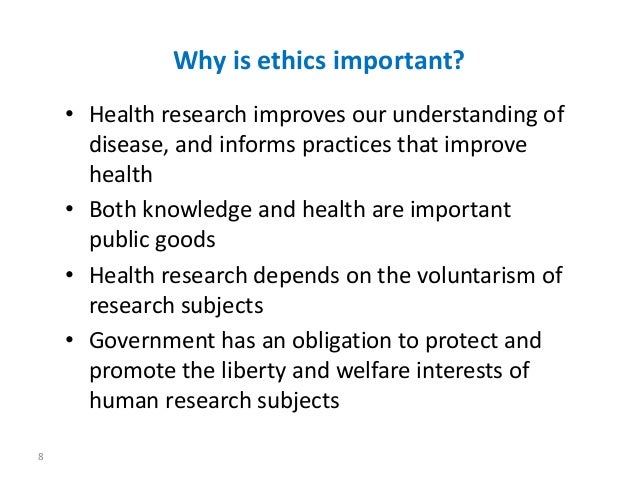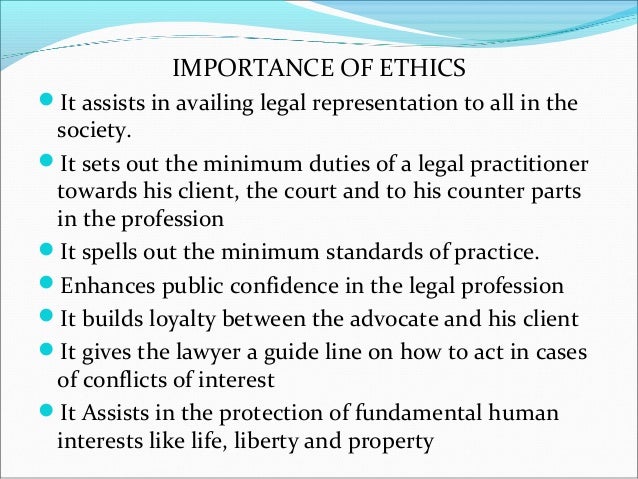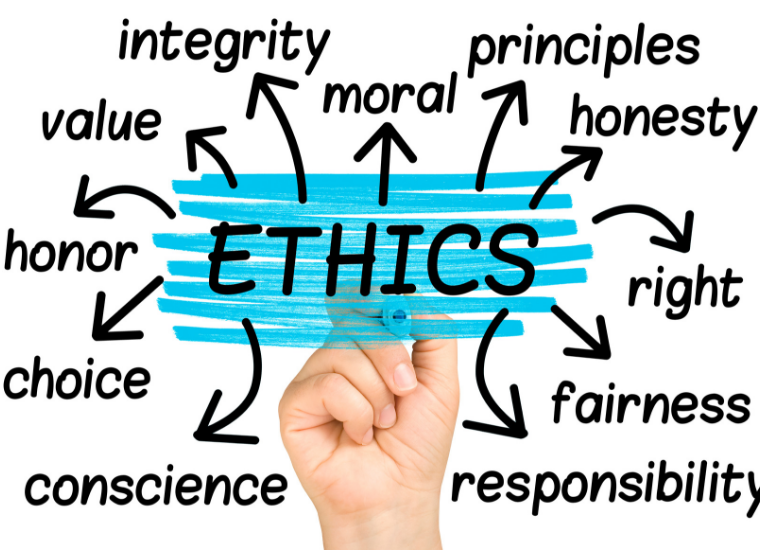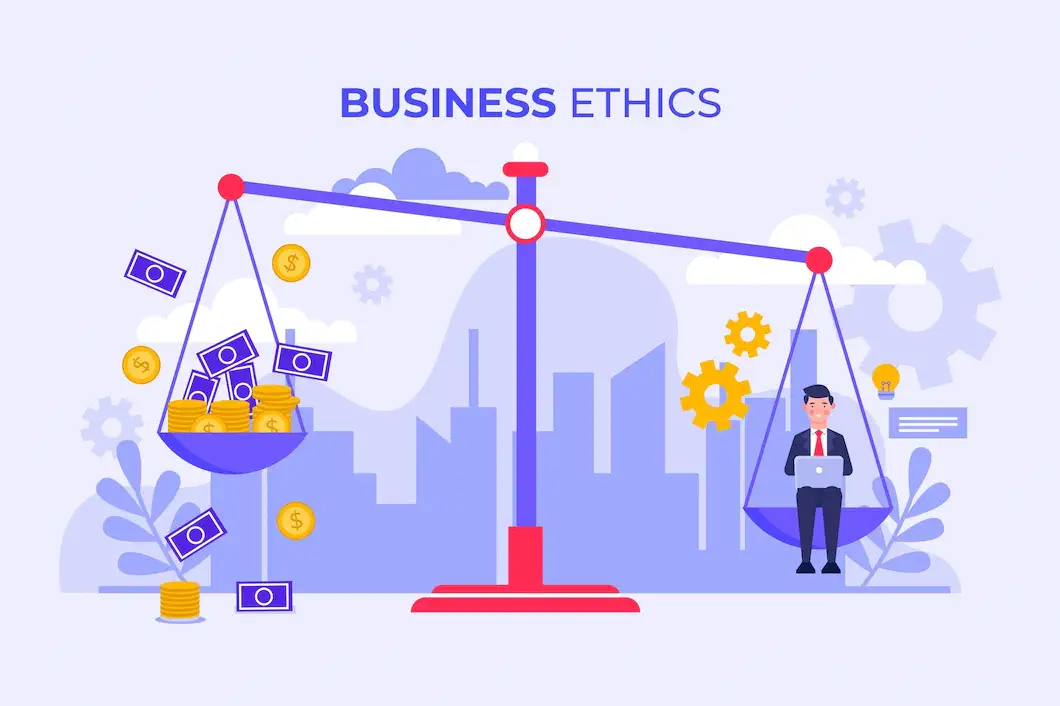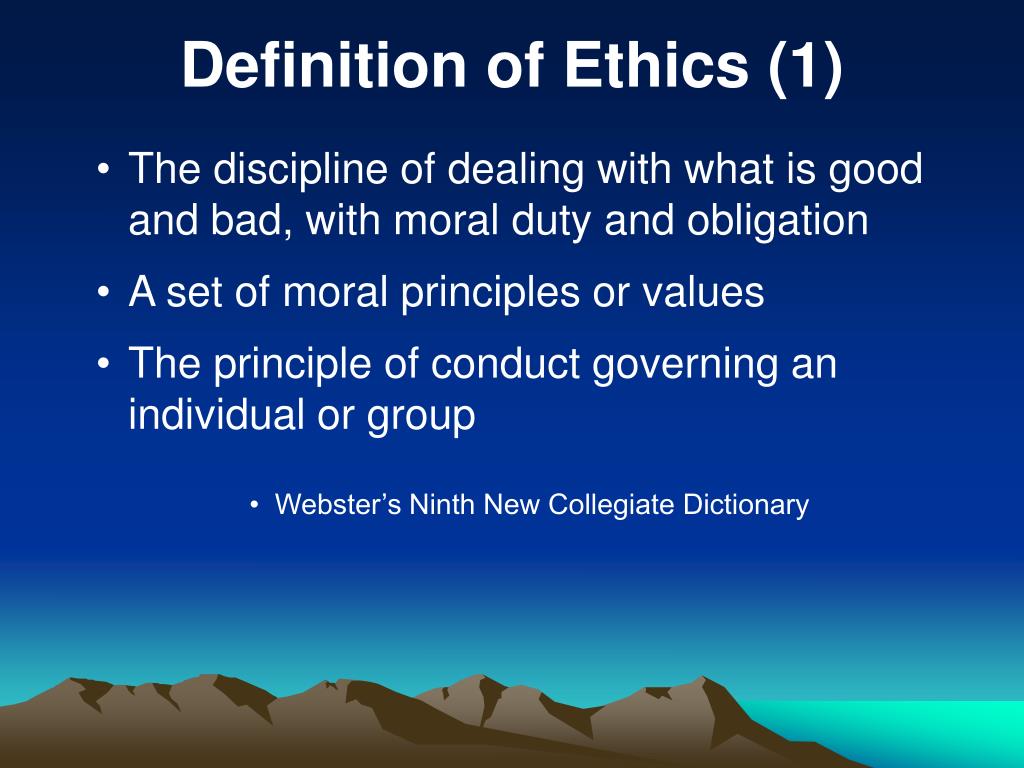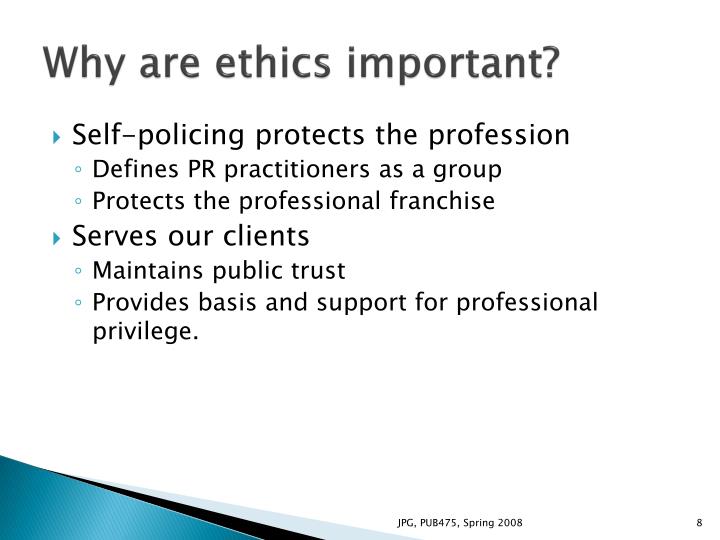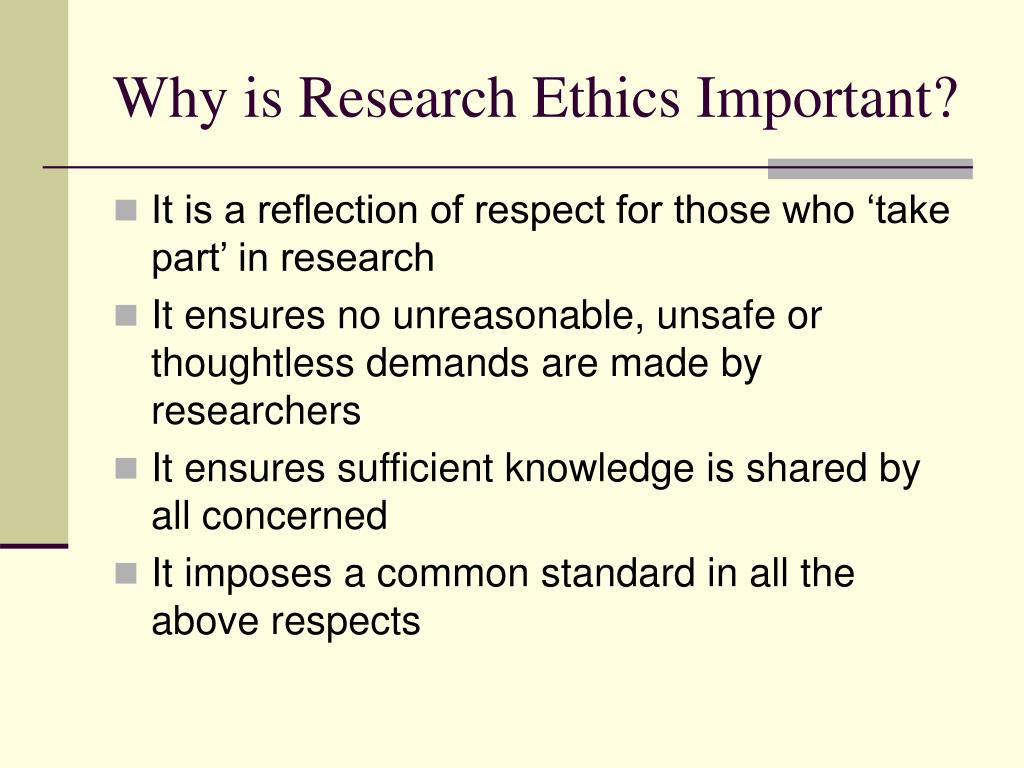What Is Ethics And Why Is It Important
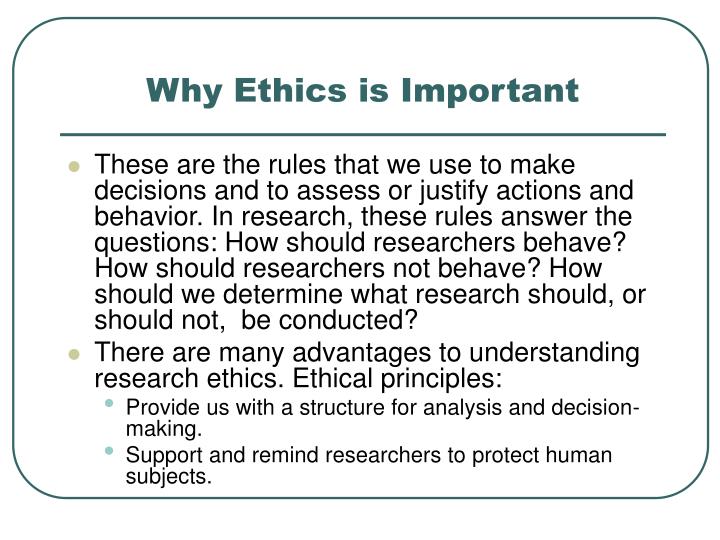
In a world grappling with complex challenges from climate change to artificial intelligence, the concept of ethics has never been more critical. Everyday, individuals, organizations, and governments face decisions with far-reaching consequences, demanding a robust ethical framework to guide their actions.
Ethics, at its core, is the study of moral principles that govern a person's behavior or the conducting of an activity. But its significance transcends mere definitions. This article delves into the multifaceted nature of ethics, exploring its importance in shaping individual conduct, organizational policies, and global strategies. It also examines why a commitment to ethical principles is paramount for building a just, sustainable, and thriving society.
Defining Ethics: A Moral Compass
Ethics, often used interchangeably with morality, originates from the Greek word "ethos," meaning character or custom. It encompasses a set of principles that distinguish right from wrong. These principles can be derived from various sources, including philosophy, religion, cultural norms, and professional codes of conduct.
While laws define legal boundaries, ethics navigates the gray areas where legal compliance may not equate to moral righteousness. Professor Michael Sandel of Harvard University, a prominent voice in contemporary ethical discourse, emphasizes that ethics encourages us to critically examine our values and to justify our moral judgments through reason and dialogue.
Different Ethical Frameworks
Several ethical frameworks offer different perspectives on decision-making. Utilitarianism, for instance, advocates for actions that maximize overall happiness and well-being for the greatest number of people. This approach, while seemingly straightforward, can face criticism for potentially sacrificing the rights of minorities for the benefit of the majority.
Deontology, on the other hand, focuses on adherence to moral duties and rules, regardless of the consequences. Immanuel Kant's categorical imperative, a cornerstone of deontological ethics, stresses the importance of treating individuals as ends in themselves, never merely as means to an end.
Virtue ethics, championed by philosophers like Aristotle, emphasizes the cultivation of virtuous character traits, such as honesty, courage, and compassion. It suggests that ethical behavior stems from developing a good character rather than simply following rules or calculating consequences.
The Importance of Ethics in Modern Society
Ethics plays a crucial role in shaping a just and equitable society. It promotes trust, fairness, and accountability in all aspects of life, from personal relationships to business dealings and political governance. Without a strong ethical foundation, societies risk descending into corruption, inequality, and instability.
In the business world, ethical conduct is increasingly recognized as a key driver of long-term success. Companies with a strong ethical reputation attract and retain talent, build customer loyalty, and enhance their brand image. A 2023 report by the Ethics & Compliance Initiative (ECI) found that organizations with strong ethical cultures are more likely to outperform their peers financially.
Furthermore, ethical considerations are paramount in addressing pressing global challenges. From climate change to income inequality, ethical frameworks provide a basis for developing sustainable and equitable solutions. They guide decisions about resource allocation, technology development, and international cooperation.
Ethics in the Age of Technology
The rapid advancement of technology presents new and complex ethical dilemmas. Artificial intelligence, for example, raises concerns about bias, privacy, and job displacement.
“The ethical challenges posed by AI require careful consideration and proactive measures to ensure that these technologies are used responsibly and for the benefit of humanity,” says Dr. Fei-Fei Li, a leading AI researcher at Stanford University.
Ethical frameworks are also essential for navigating the challenges of social media. The spread of misinformation, online harassment, and data privacy breaches underscore the need for ethical guidelines for both users and platforms.
Cultivating Ethical Behavior
Promoting ethical behavior requires a multi-faceted approach, encompassing education, leadership, and organizational culture. Ethical education should begin at an early age, fostering critical thinking skills and moral reasoning abilities. Leaders play a vital role in setting the ethical tone within organizations, demonstrating integrity and accountability in their actions.
Organizations can cultivate ethical cultures by implementing clear codes of conduct, providing ethics training, and establishing mechanisms for reporting and addressing ethical concerns. Creating a safe and supportive environment where employees feel empowered to speak up about ethical issues is crucial.
Ultimately, ethical behavior is a personal responsibility. It requires individuals to reflect on their values, consider the consequences of their actions, and strive to do what is right, even when it is difficult.
Looking Ahead: Ethics as a Cornerstone of Progress
As the world becomes increasingly interconnected and complex, the importance of ethics will only continue to grow. Embracing ethical principles is not merely a matter of moral obligation but a prerequisite for building a sustainable, equitable, and thriving future.
By prioritizing ethical considerations in all aspects of life, we can foster trust, promote fairness, and create a world where everyone has the opportunity to flourish. The ongoing dialogue and commitment to ethical principles are essential for navigating the challenges of our time and shaping a better tomorrow. The future depends on our ability to act ethically today.

